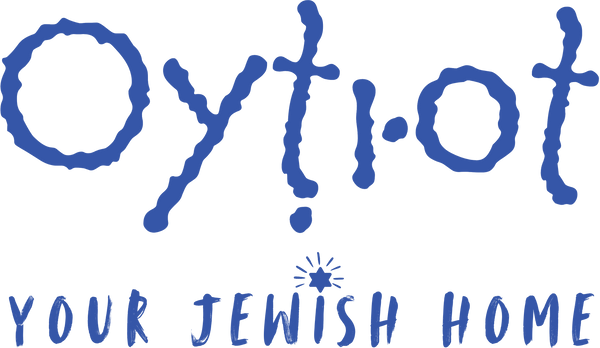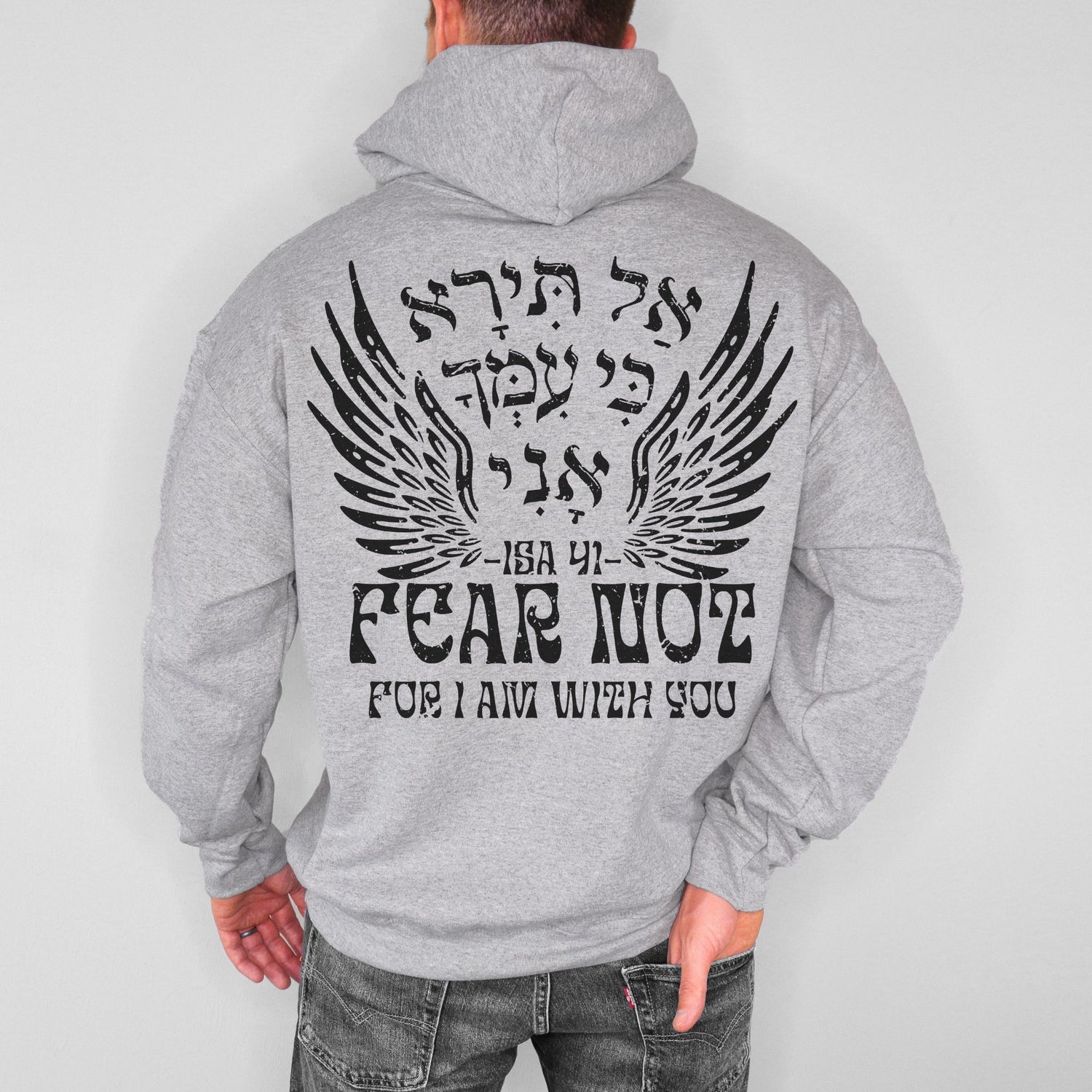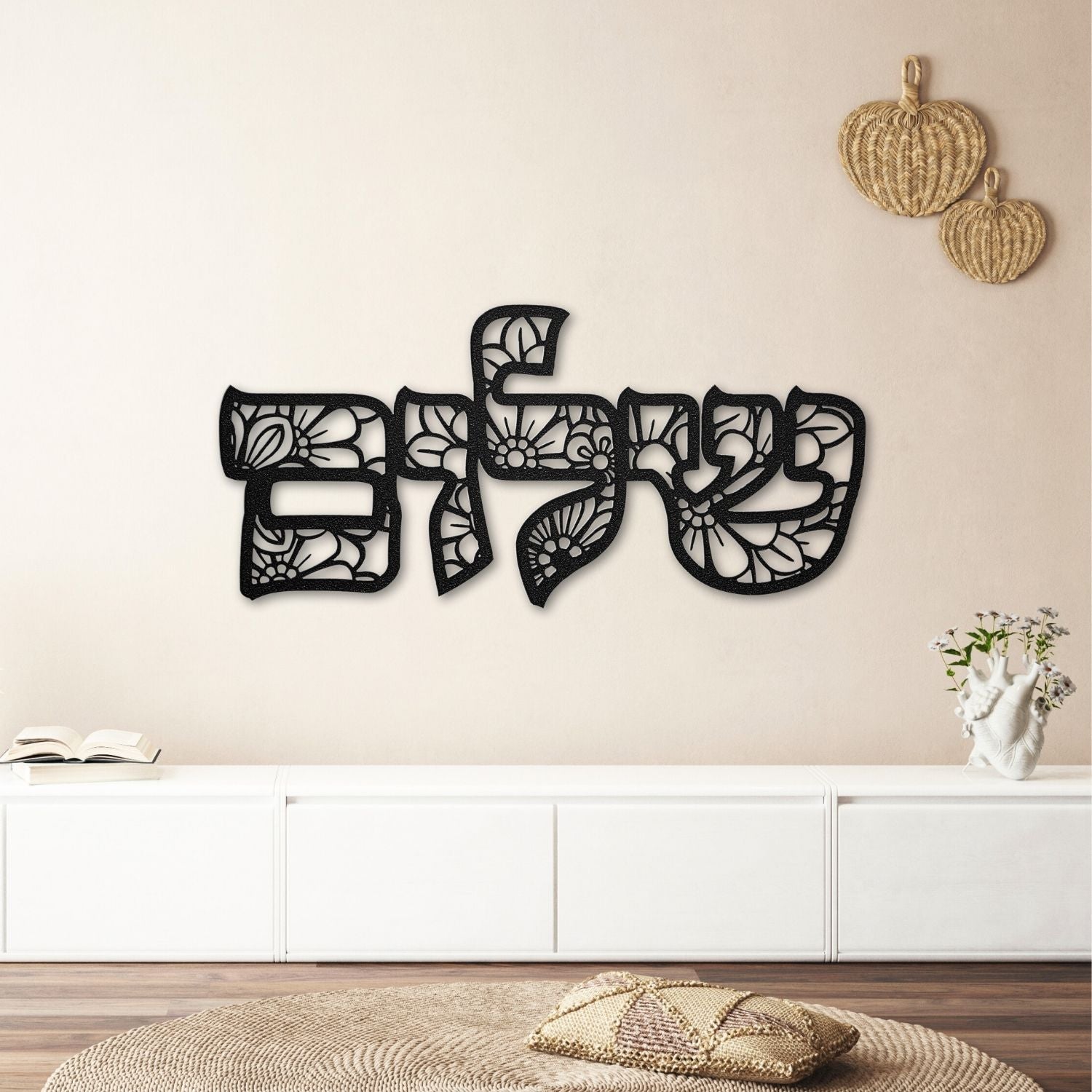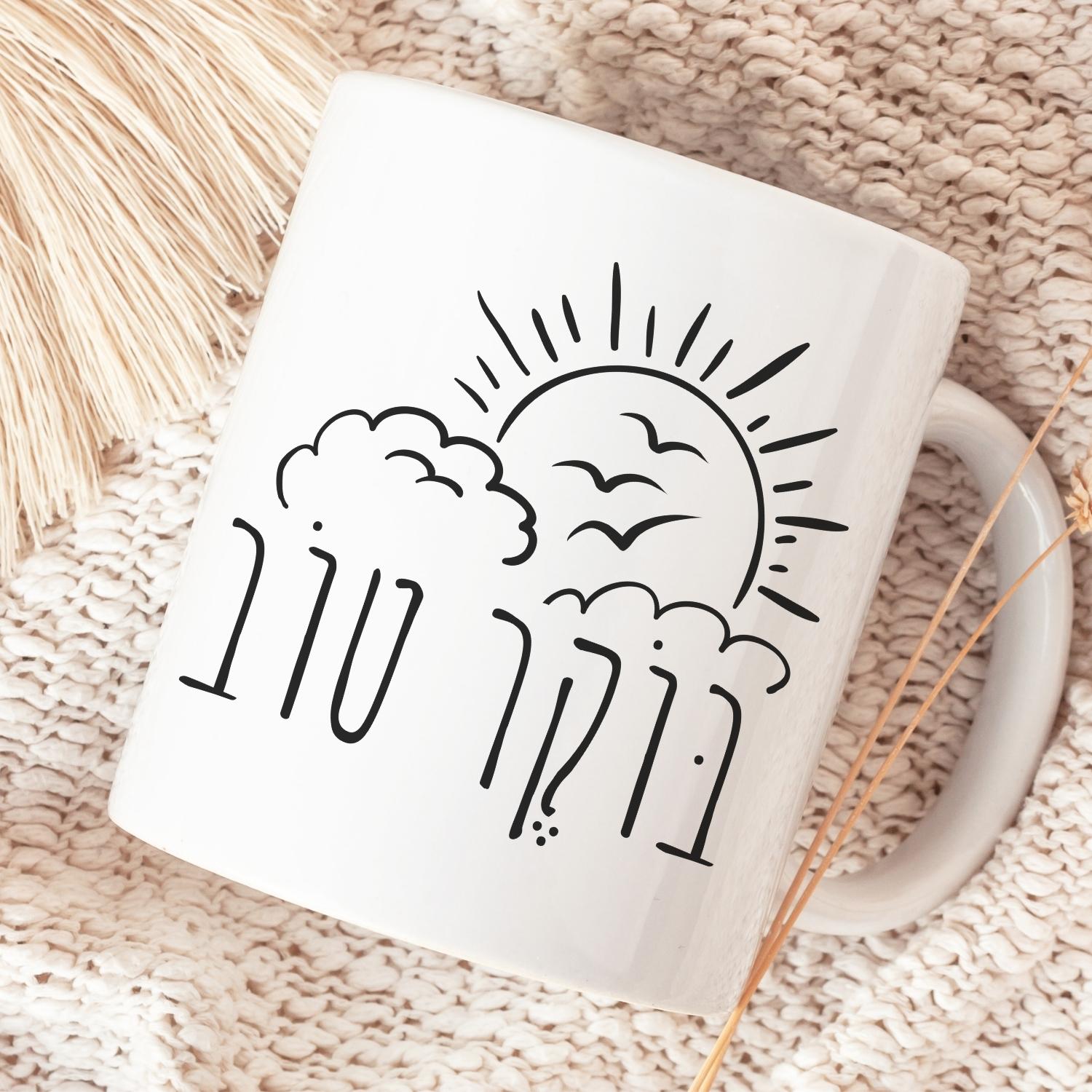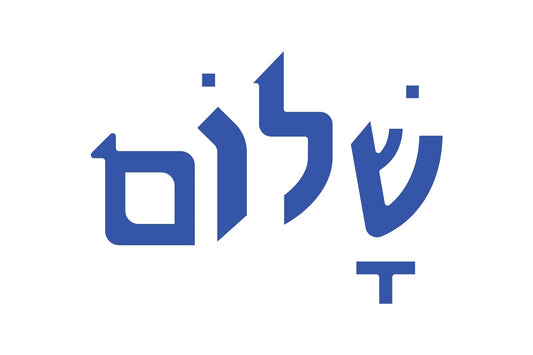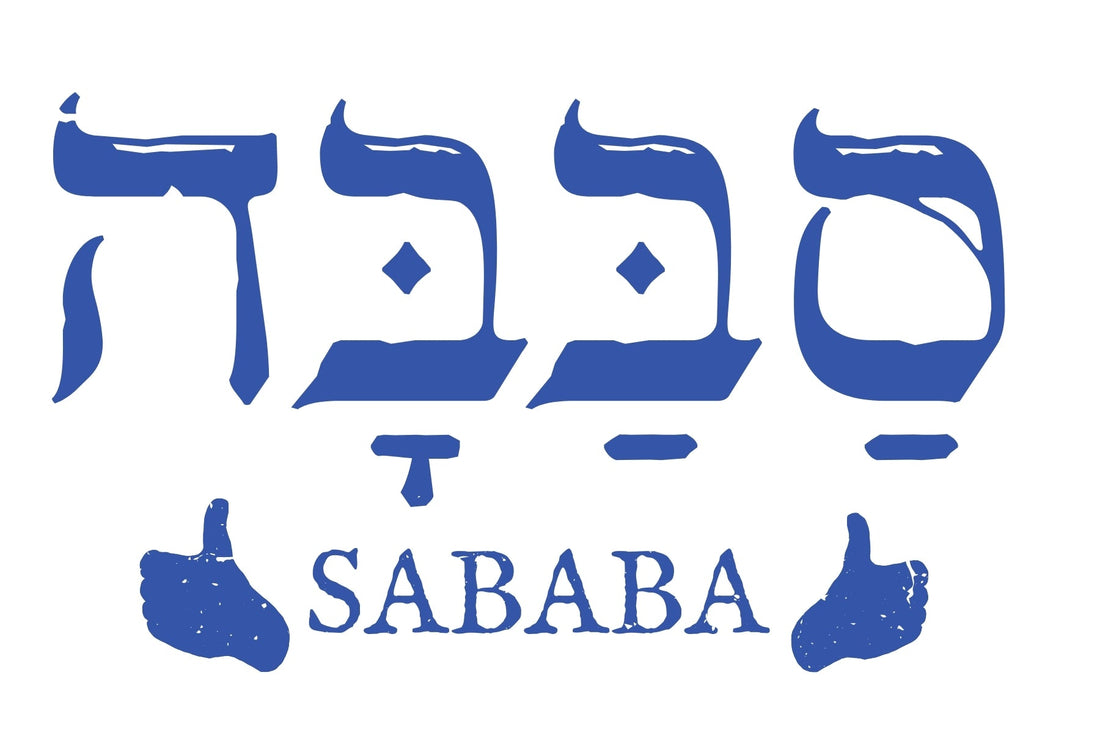
Why “sababa” is everywhere?
Ask an Israeli how things are going and you’ll often hear one breezy word: sababa. Depending on context, it means great, cool, okay by me, or simply a friendly green light to move on. It’s the sound of low-drama, high-vibe optimism in everyday Hebrew.
Ancient roots: from intense longing to “that’s great”
The story starts in Arabic. The classical Arabic noun ṣabāba (صبابة) means yearning, ardent love. Over time, in Levantine colloquial Arabic the sound/word also came to signal something excellent or great, a positive vibe that later jumped into Hebrew slang.
Modern Hebrew and Arabic have long been neighbors in daily life.
Linguists describe ongoing contact and borrowing, with Arabic feeding many items into Israeli Hebrew slang, exactly the channel through which sababa likely traveled from local Arabic speech into mainstream Hebrew.
From neighborhood to mainstream (late 20th century)
As street talk, the army, music, and TV cross-pollinated speech, Arabic-origin slang spread fast. Alongside yalla and achla, sababa shed any “niche” feel and settled into the shared everyday lexicon—short, smiley, and instantly understood. (Scholarly work documents the broader Arabic footprint in Hebrew slang during these decades.)
What does it do in real conversations?
Today sababa functions as a quick interjection (“Sababa!” = great/ok!), and as a casual descriptor (“The event was sababa”). In pragmatics terms, it’s a positive acknowledgment—the opposite of friction. Think “no problem,” but with sunshine.

Mini grammar: flexible, friendly, fixed form
In speech you’ll hear “so sababa,” “very sababa,” even playful add-ons like “sababa plus.” It’s mostly invariable (not conjugated), which makes it easy to slot into sentences or toss out as a stand-alone reaction. (Dictionaries mark it both as interjection and as a colloquial adjective.)
The “good-vibes set”: yalla, achla & friends
Sababa lives in a friendly cluster of Arabic-origin Hebrew slang that keeps conversations light and mobile: yalla (“let’s go”), achla (“great”), and more. Together they’re a compact toolkit for everyday positivity—short words with big social payoff. (Arabic-to-Hebrew slang borrowing is well-documented.)
Crossing borders: diaspora and global recognition
Outside Israel, people encounter sababa via Israelis abroad, campus life, travel programs, and eateries—many even name themselves “Sababa,” then explain the term on their sites/menus (“Hebrew slang for great/cool… from Arabic”). That meta-explanation helps the word anchor itself internationally.
How to use it (and sound natural)
-
As agreement: “We’ll meet at Dizengoff at 6?” → “Sababa.”
-
As assessment: “How was the hike?” → “Sababa—great weather.”
-
As send-off: “You’ll handle the returns?” → “Sababa, on it.”
These tiny moments are where the word shines: quick, positive, done.
The bigger picture: a mindset you can wear
Beyond slang, sababa signals a micro-philosophy: lightness, permission, and ease. It’s a one-word invitation to keep things moving and keep the vibe kind. Which is exactly why it pairs so well with design—place the word on a shirt, mug, or print and you literally carry the mood with you.
